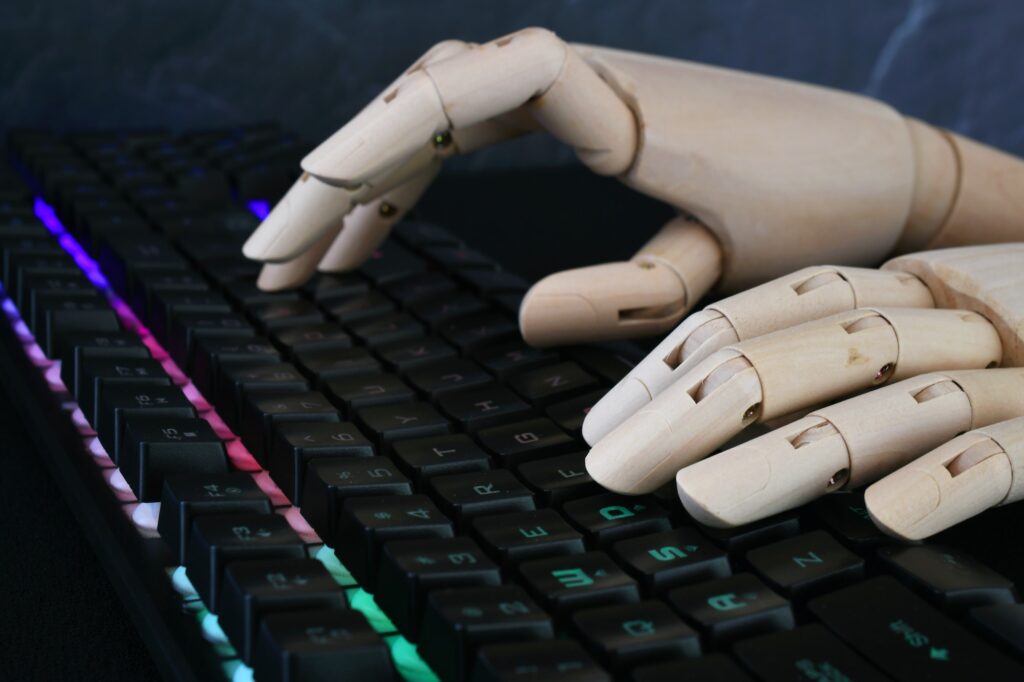In 1995, BBC’s Tomorrow’s World took a bold leap into the future, forecasting what life in 2025 would look like. From cyberspace to space exploration and robotic surgeries, the predictions were daring and visionary. Now that we’ve reached 2025, let’s explore what came true, what didn’t, and how today’s world has evolved beyond those expectations.

New Challenges in Cyberspace
The show foresaw a “supernet” dominated by business giants and banks by 2000, predicting that cybercrime and riots would follow by 2005. While the internet remains largely open, cybersecurity threats have indeed become a global issue.
Nation-state hackers have orchestrated massive cyberattacks, targeting everything from financial systems to infrastructure. Meanwhile, cryptocurrencies like Bitcoin reflect a push against centralized control, partially realizing Tomorrow’s World’s prediction of a decentralized internet.
New Frontiers in Space Exploration
The program imagined asteroid mining as a thriving industry and proposed creative solutions for cleaning up space debris.
- Asteroid Mining: This remains a concept rather than a reality, as technological and economic hurdles persist.
- Space Debris: Space debris has become a pressing concern, with missions like the European Space Agency’s ClearSpace-1 using robotic arms to clear orbital clutter. These initiatives address the growing risks of collisions in Earth’s orbit.
New Advances in Robotic Surgery
One of the most accurate predictions was the rise of robotic-assisted surgeries. Systems like the da Vinci Surgical System now perform minimally invasive procedures with unparalleled precision, reducing recovery times for patients. Telemedicine has also enabled surgeons to guide procedures remotely, making specialized care more accessible.
However, fully autonomous robotic surgeries remain a vision for the future, with human oversight still essential in complex procedures.

Frequently Asked Questions
- Has asteroid mining started?
Not yet. While companies are exploring the possibilities, technical and economic challenges remain unresolved. - Are robots performing surgeries independently?
No, robotic systems assist surgeons but still require human guidance for safety and precision. - What’s being done about space debris?
Initiatives like robotic debris collectors and self-deorbiting satellites are being developed to reduce orbital pollution.
A New Perspective on the Future
While Tomorrow’s World got some predictions right, others are still works in progress. These forecasts remind us that innovation is a journey, often taking longer than imagined. As we move forward, the fusion of technology and human ingenuity continues to shape our ever-evolving world.
Sources BBC


